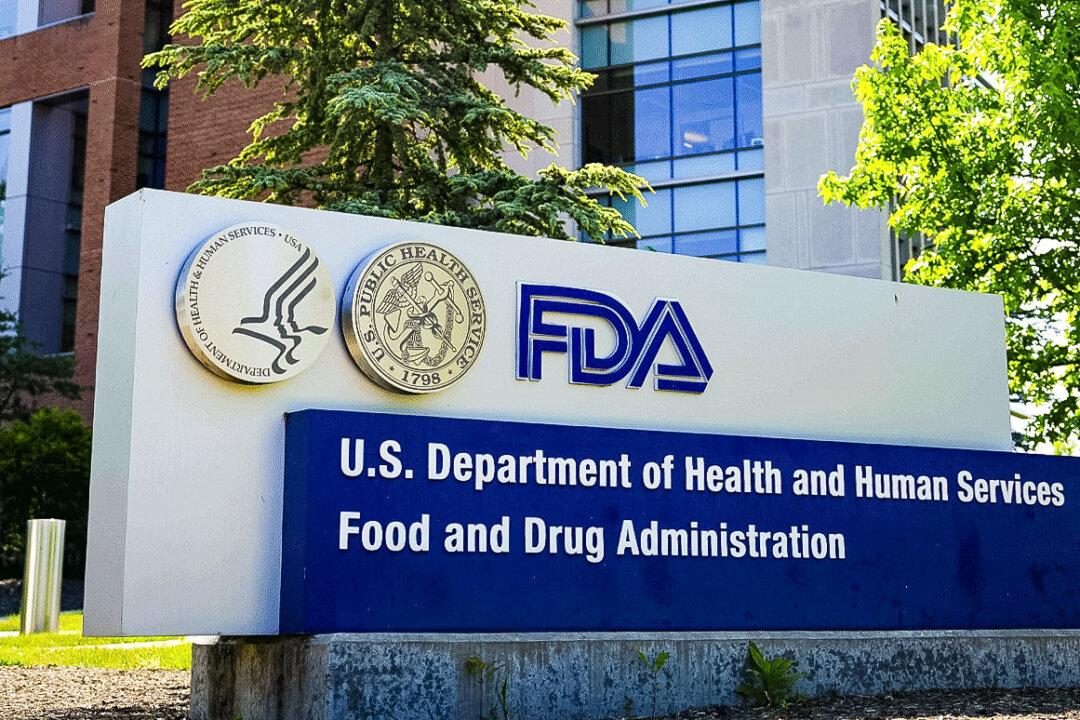Michigan-based UBC Food Distributors has recalled black pepper products due to the potential risk of salmonella contamination, according to the U.S. Food and Drug Administration (FDA).
The recalled ground black pepper was being sold under the “Baraka” brand name.





